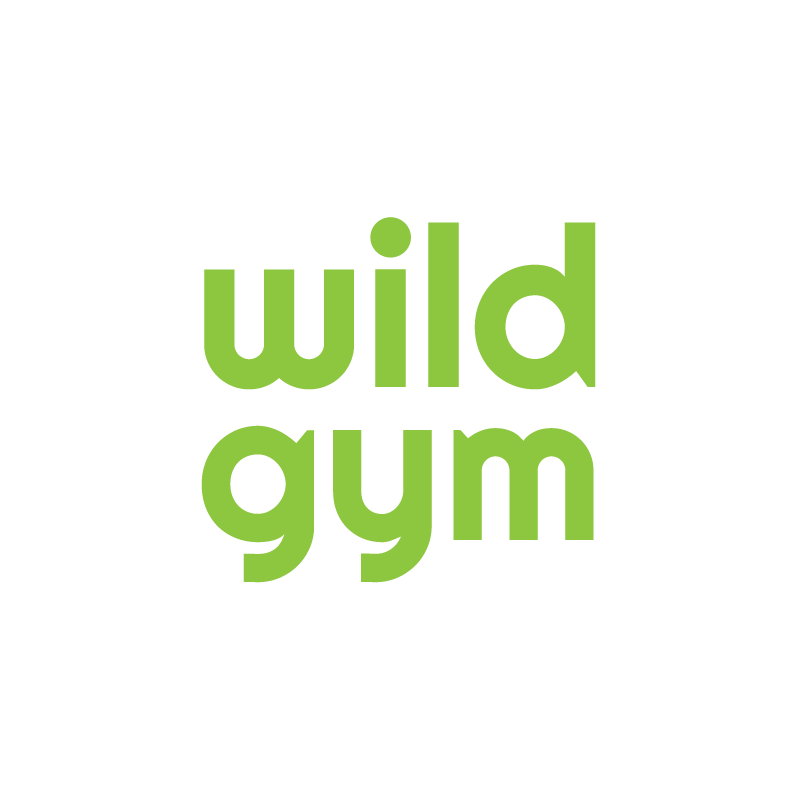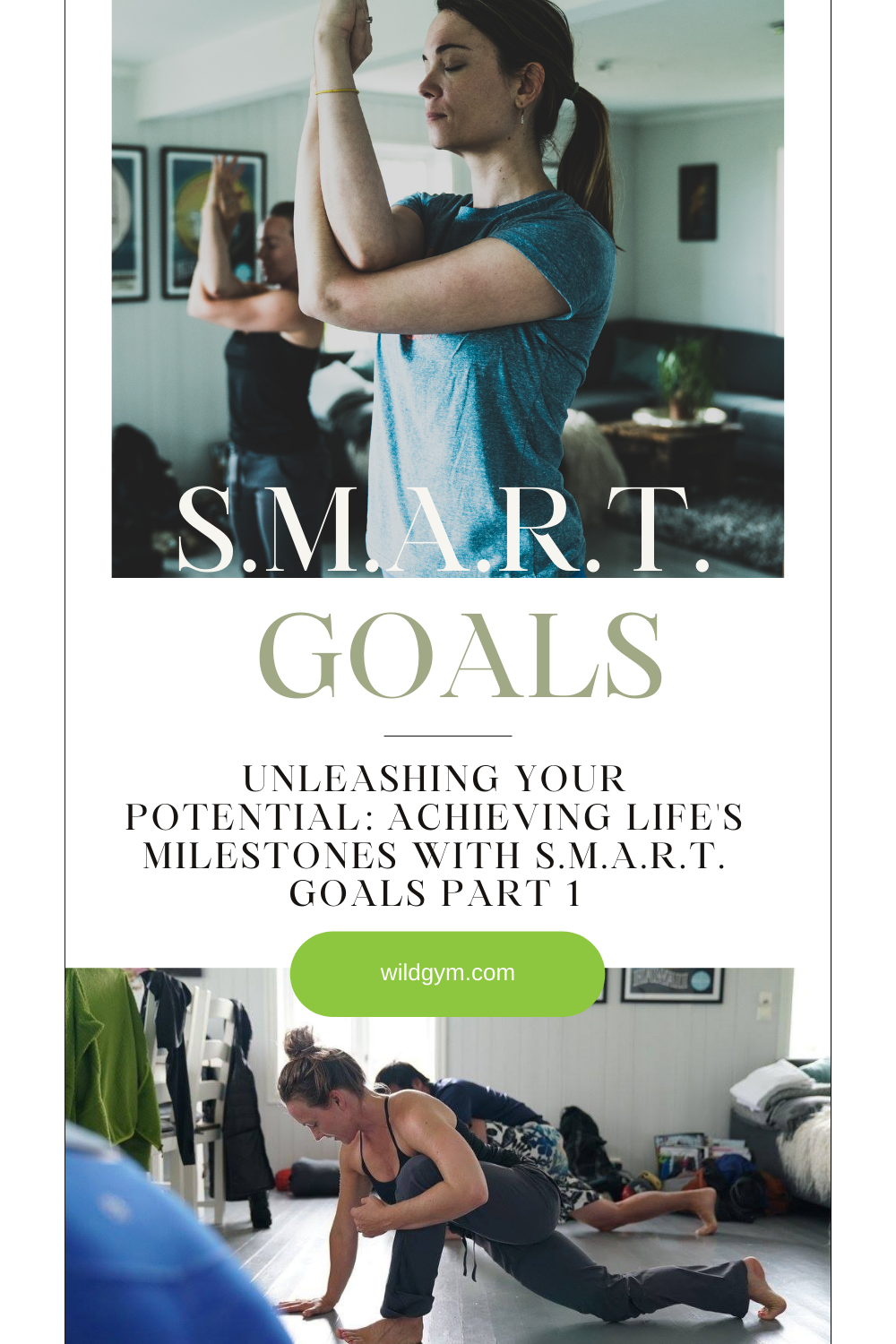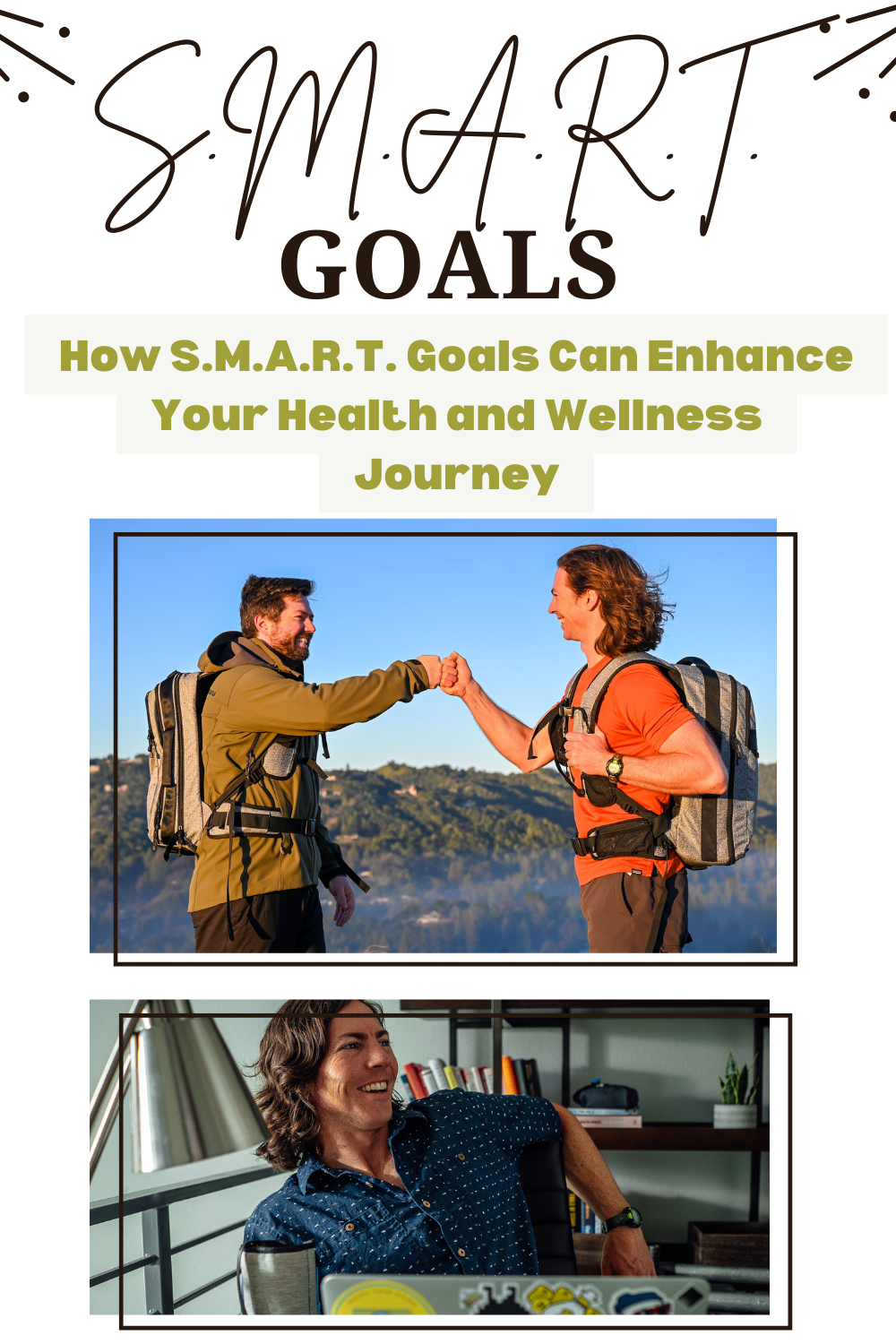Happy Friday, League of Wildness!
Last week, Dan did an excellent breakdown of SMART goals so I wanted to take the opportunity to bring up something related that has been crucial for staying consistent in my goals. The awesome thing is that this process works not only for your fitness-related goals, but any life goal you can think of. We decided it was best to split it into two parts: the concept and the framework. Part two will be coming next week!
I have always struggled to understand how people “keep all the balls in the air” when it comes to life. I tended to have a laser focus on something that was important to me, but it often meant that I dropped all the other balls. If I focused on fitness I lost track of relationships. If I focused on writing I lost track of nutrition. When I have asked mentors how they do it, their answer is usually, “choose one thing to focus on.” Being married with three active kids, having a busy job, a lot of interests, and a book list that is a mile long, that advice didn’t work well for me. In truth, I just didn’t understand what they were saying. I didn’t have the right goal.
This past fall I went through an online course called “Lifebook” by Jon and Missy Butcher where I spent several weeks delving into what I wanted my ideal life to look like. What did I want my relationships to look like? My finances? My health? My work/career? In working through those areas and several others, I learned about the importance of having an ultimate life goal. A lot of the pieces of the puzzle for living my ideal life had been on my radar for a long time, but something was lacking. Like many people, I could stay on track towards a goal for a while, but then life would happen and I’d fall off the wagon. Sometimes it ran me over a few times. As it turned out, I lacked a purpose. A why. A deep and solid reason that kept me on track even when life got crazy. It was definitely a lightbulb moment! I developed a strong vision for what I wanted my entire life to look like, and that became my life blueprint. I actually wrote it up and printed the whole thing off, and it’s almost 120 pages. That is a lot of information to try to focus on every day. I needed a single ultimate goal, a leverage point that I could focus on 100% that would move the dial in every part of my life.
In defining what my ideal life would look like, I realized that my biggest leverage point is my health. This area of my life has the most impact on everything else. When I am not focusing on my health, everything falls apart. It is where the “rubber meets the road,” so to speak. I needed a big goal related to health that kept me focused every day. It needed to be realistic. The consequences of not achieving it needed to be harsh and real. Ben Bergeron, author of “Unlocking Potential” calls this a Big Hairy Audacious Goa,l A.K.A BHAG. (I believe others use the same term, I am not sure where it originated). A goal that is so big that it is years away. It is the type of goal that excites you but scares you a little, too. My ultimate goal is: “to achieve optimal health centered around the cycles and laws of nature.”
Once I named that goal I realized there was no way I wouldn’t do everything in my power to reach it. I had a lot of questions to answer to turn that goal into actionable points. What does optimal health look like for me? Why do I want it? What happens if I don’t achieve it? Where are my weaknesses or limitations in this area? How does this impact the other areas of my life? It took me about twelve pages of writing to come up with all of the information I needed to make a plan. That was further fine-tuned into a single paragraph summary which produced my final ultimate goal.
It turned out that absolutely everything in my life was impacted by this huge goal: my daily habits, my interests, my relationships, my social life, and my work. I used the process Dan laid out last week to set SMART goals around my ultimate goal. I created yearly, quarterly, and monthly goals along with daily habits that move me forward consistently.
The main difference between an ultimate goal and a SMART goal is that SMART goals have end dates, whereas an ultimate goal is something you are continually adjusting and working towards. When you achieve one time-based goal, you set another that continues to push you along the path towards your ultimate goal. This makes it easier for me to see my ultimate goal as a lifelong pursuit full of both success and failure. Because it doesn’t have an end date, I know every moment is a new opportunity to do better rather than completely falling off the wagon because I had a single bad day. I had that problem with early fitness goals. “I want to lose 15 pounds before we go to Hawaii.” Not having a larger goal to attach that to meant that whether I achieved it or not, I had nowhere to go afterward. Now, when I reach a goal, I set another one that keeps me moving towards the ultimate goal.
Next week, I will cover the framework and details of how I worked backward from my ultimate goal to arrive at things I can do daily, monthly, quarterly, and yearly to keep pushing towards it. My ultimate goal is now behind every decision I make, and it makes those decisions much easier.
Here are some questions you can ask to start to figure out what your ultimate goal/purpose/why is:
Is there something in your life that has been with you since you were young and you just aren’t sure how to bring it full circle?
What are your non-negotiable items? What things in your life are so important that you will do almost anything to ensure they happen every day?
What things excite you so much that you lose sleep thinking about them?
If you could get paid the same amount no matter what you did, what would you choose to do?
I truly believe that we all have something to offer the world to make it a better place. What is that thing for you?
As an example, for me, this is sharing my experience of nature with others. It’s something I am still working on, but my ultimate goal fits right in. If I am not healthy enough to spend time in the wilderness, how can I share it with others? That’s what I mean by an ultimate goal moving the dial in other areas of life.
What are your biggest strengths, skills, and talents?
What are your limitations?
What do you enjoy spending your time on the most?
When you envision your life in five years, what do you see?
What are you willing to do right now to work towards that vision?
What will it cost you if you don’t?
If you can answer even some of these questions, you’ll be able to work on a framework to develop your years, months, and days around that ultimate goal and consistently work towards it. I’ll share what I do next week!
Other resources:
Books
“Unlocking Potential” by Ben Bergeron
“Find Your Why” by Simon Sinek
These are both books that focus on teamwork, especially in relation to career and leadership, however, the principles are easy to understand and apply to personal life as well.
“Essentialism” by Greg McKeown
An excellent book to help figure out what is really important and how to leave the rest behind.
Podcast
Chasing Excellence podcast episode #195: The Fulfillment Framework
This is where Ben Bergeron discusses the BHAG and the framework he uses.
Even in still-frozen-solid northern Minnesota, spring is in the air! Make it a wild weekend! - Kim




Leave a comment
This site is protected by hCaptcha and the hCaptcha Privacy Policy and Terms of Service apply.